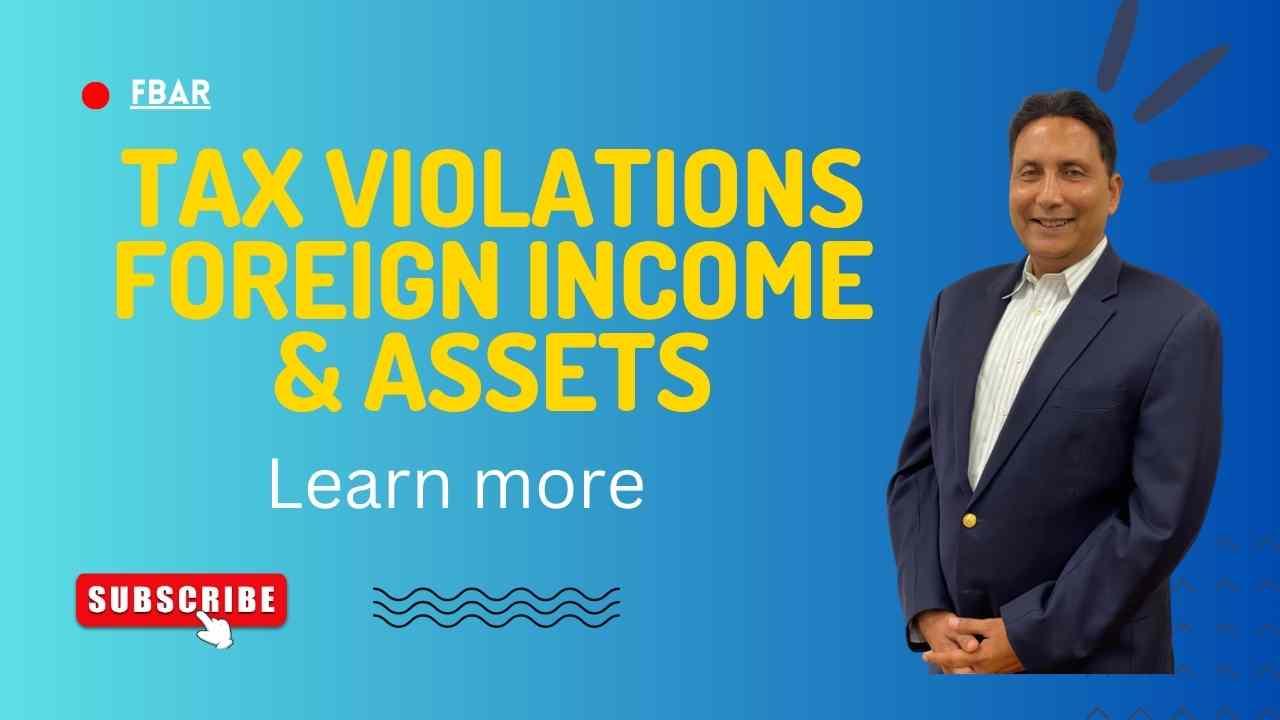
The surge in international criminal tax violations has caught the attention of the U.S. government in recent years. A convergence of technological advancements and the globalized nature of the U.S. economy has made it easier for U.S. taxpayers to maneuver assets offshore, aiming to artificially lower their tax obligations.
This practice involves various tactics:
Depending on the specific situation, noncompliance could trigger a criminal tax investigation by IRS Special Agents.
Explore five instances of international criminal tax investigations:
Offshore Earned Income Peter, a US Citizen, hides foreign income by accepting partial payments in cash and the rest through an overseas cryptocurrency exchange. He omits this income when filing his U.S. tax return.
Offshore Passive Income Nicole, a US Citizen, stops reporting foreign passive income like interest and dividends, arguing they're tax-exempt in the foreign source country.
Criminal Willfulness David, a lawful permanent resident, conspires with a foreign bank manager to open accounts under false names to avoid detection. He omits significant accounts from his FBAR, believing they won't be reported to the IRS.
Criminal FATCA Michelle, a recent lawful permanent resident, deliberately submits false documentation to her foreign institution, falsely claiming a non-US status to avoid reporting to the US government.
Submitting False Documentation Scott, a dual citizen, provides false information to a foreign bank about his US citizenship, thereby evading additional documentation requirements for US citizens.
Furthermore, the distinction between willful and non-willful non-compliance can significantly impact outcomes. The IRS has intensified scrutiny of streamlined procedure submissions. Non-willful individuals have a higher likelihood of success under Streamlined Procedures, while willful taxpayers should consider the IRS Voluntary Disclosure Program. However, those submitting intentionally false narratives under Streamlined Procedures risk substantial fines and penalties if caught.
Decisions around current year vs prior year non-compliance require careful consideration, particularly when approaching the IRS. Seeking guidance from a Board-Certified Tax Law Specialist experienced in offshore disclosure matters is advisable to navigate these complexities.
Stay informed as the U.S. government takes concrete steps to address tax evasion and fraud in international contexts. This evolving landscape demands vigilance and compliance from taxpayers.
Do you have foreign income or assets that require reporting?
Get in touch with Sanjiv Gupta CPA firm to discover your optimal course of action.